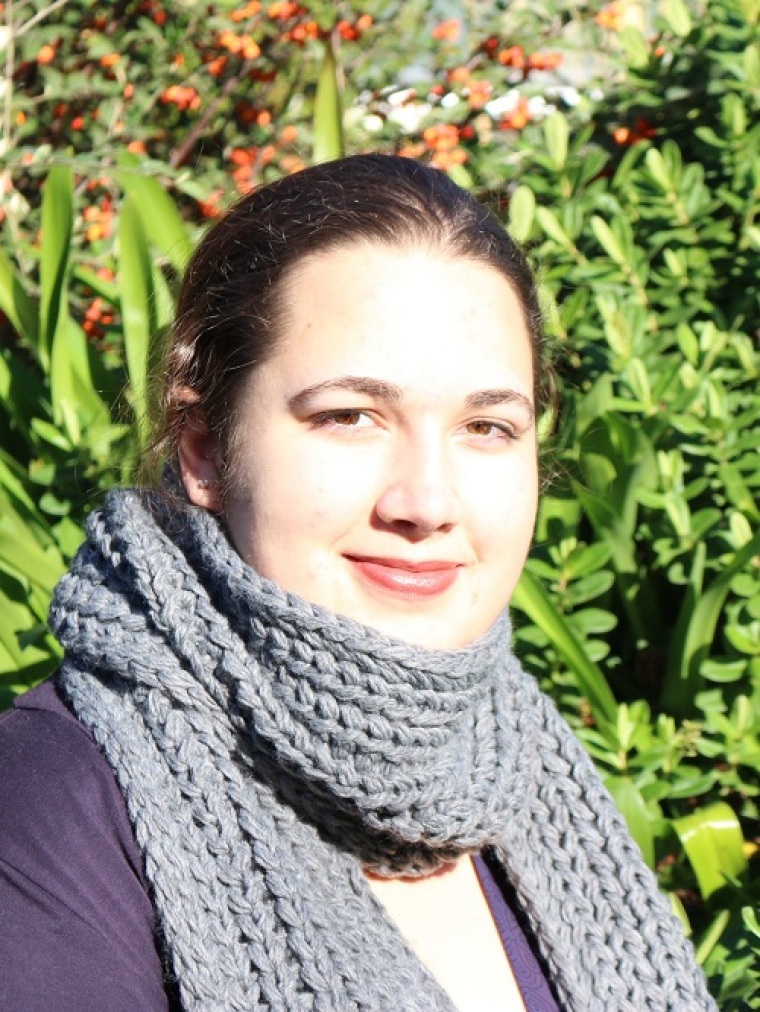

The story of Adam and Eve sinning is one of the most renowned Bible stories inside and outside of Christian circles. The forbidden fruit and the sin of eating it is a particular focus and key theme in many stories—be it directly or metaphorically. Yet the fruit itself has almost nothing to do with sin.
Realisation
When Adam and Eve sinned, I do not believe that it was the fruit that held the knowledge of good and evil. That is was some kind of magical food that equipped the consumer with wisdom and insight. Instead, I would wager that it was the action of eating it that exposed Adam and Eve.
When Eve reached for the fruit and ate it, she was giving into the temptations of sin.
The desire to try it and gain wisdom overpowered the fear of God and turned her gaze from Him to herself, disregarding and doubting the warnings He had given in order to satisfy herself. Once she and Adam ate it, there was no going back.
It was the wilful sinning, the exposure to disobeying the commandment that opened their eyes and plagued them with shame and guilt. The fruit was merely a key to open the door to sin.
Nakedness and Shame
When Adam and Eve fell to the temptations of sin, the consequences were exposure, guilt and shame. As soon as they sinned they realised their wrongdoing and with it they fully saw the consequences of their actions. They watched their innocence dissolve and became accountable.
Hearts and souls exposed and violated, they realised their nakedness. Clothing themselves in leaves they tried to hide the fact that they had fallen like the angels out of heaven.
Guilt and shame plagued them and they tried desperately to hide from God but were still drawn out by His call. Like children being scolded they passed the blame from one to another and then to the serpent, telling the truth yet also avoiding responsibility for their own actions.
Likewise, we, too, are constantly aware of our own nakedness and shame. We try so hard to hide it. We hide parts of ourselves from the world, run away from God or deny ourselves full honesty as we profess our sins to Him. All this time has passed yet nothing has changed.
It is time we learn from their mistakes and useless attempts to hide and start being honest with ourselves and God.
It is not the thought that condemns you
Whilst it is true that lusting after someone in our hearts is the same as committing the act, the mind is another matter. It was not the doubts or desires in themselves that lead to the fall but where their hearts lay and the action itself.
We are human. God understands that. In fact, He understands better than we do.
With the entry of sin into humanity and with the curse laid out upon us, we are all tuned to the knowledge of good and evil. We must face the constant battle with the flesh, with the inherent darkness in us that encourages us to rebel.
That means our minds will flood us with an abundance of thoughts, be it ones we are tempted by or ones that repel us. It's resisting these thoughts and persevering with God that counts.
It is when these thoughts poison the heart and we desire them with little to no restraint that we become wrapped in the vortex of sins.
Experience—gain wisdom
As a final keynote, I find it important to address the fact that Eve did not merely find the fruit enticing in appearance, nor did she necessarily need to desire to be as great as God. Rather, the Bible records that she saw the fruit as the means to achieve wisdom.
Sometimes, it can seem like a good idea to try something in order to gain experience, meet someone on their level. I mean, how can we relate to the drug addict if we have never tried drugs ourselves? If we just try once, we can have an understanding of what they are experiencing and perhaps why they are addicted.
We want to empathise with people, to understand what they are going through and do not want people to think of us as domineering Christians with perfect lives, having never once dabbled in what they dabble in.
This is a terrible idea. The intention is good, but, at the same time, wisdom cannot come from it.
True wisdom comes from God, and needs only be asked for.
We do not have to steal to be able to relate to thieves. In the end our own faults would be highlighted and revealed, leaving the repercussions of guilt and shame, and potentially blinding us in how we try reaching out.

Ask God for the wisdom you need, and if the special person you are trying to reach needs someone relatable, look around for another you trust who might be able to reach them in the ways you cannot.
Sabrina Meyer is in her second year at the University of Canterbury studying English and History. She's an avid reader and takes special interest in World War history and literature.
Sabrina Meyer's previous articles may be viewed at http://www.pressserviceinternational.org/sabrina-meyer.html